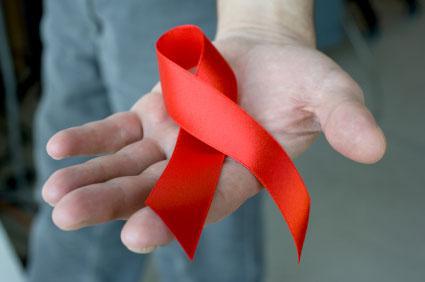Nyaope “zombies” plague small Free State town


Living in the Silahliwe informal settlement outside Bethlehem, Abraham Mokoena always tried to be a good big brother. When his younger brother Thabiso started losing focus at school and being disrespectful at home – he knew it was the drugs. He says he tried to help Thabiso.
“I tried helping him but (I) felt helpless because he didn’t listen to me,” Abraham remembers. “I was so sad seeing him change.”
“My brother was a good child,” he adds. “He always respected all of us and did his school work, but then nyaope got hold of him and it changed everything.”
Abraham recently found Thabiso dead in his bed from an apparent overdose of nyaope.
Thabiso was 17 years old.
Nyaope, also called whoonga, is a heroin-based drug mixed with a variety of other substances, including medicine and sometimes even rat poison. Crushed to white powder, it is usually smoked with dagga – and addiction is steadily on the rise in South Africa.
Drug abuse spreads
Once confined to urban areas, the drug has now spread and even the tiniest and most rural of towns have not escaped the wrath of the drug, which Silahliwe resident Isaac Moloi says is sold for as little as R20 a hit.
There are no national figures on the number of nyaope users. However heroin users comprised the third largest group of rehab users in South African National Council of Alcoholism and Drug Abuse (SANCA) programmes as of 2013. According to 2013, the largest proportion of SANCA users were between the ages of 22 and 25 years of age.
“(Users’) minds are not normal,” said Moloi in a community where teens addicted to the drug are often likened to zombies – familiar and unrecognisable at the same time. “They cannot use logic because of this drug. The only thing they can think about is their next fix and they will do whatever it takes to get it – even if it means stabbing a neighbour – just for R20.”
As a mother, Alina Nhlapo said her biggest concern was how readily available nyaope is in the settlement – and how intimidating it is to confront the local dealers.
“Everyone fears for their own lives so it’s not easy to confront the nyaope dealer who we know,” she admitted.
In place where even basic service are out of reach children like Thabiso may have the odds of recovery stacked against them.
According to the Central Drug Authority, about 75 percent of former drug addicts will relapse and about half of these will relapse multiple times throughout their lifetime. For users in communities without access to rehabilitation services, this percentage may be higher.
As of late 2013, pubic sector drug treatment facilities are only available in the Western Cape, Gauteng, Mpumalanga and KwaZulu-Natal and there were no public halfway houses.
An edited version of this story was also published by Health24 and Politicsweb
Author
Republish this article
This work is licensed under a Creative Commons Attribution-NoDerivatives 4.0 International License.
Unless otherwise noted, you can republish our articles for free under a Creative Commons license. Here’s what you need to know:
You have to credit Health-e News. In the byline, we prefer “Author Name, Publication.” At the top of the text of your story, include a line that reads: “This story was originally published by Health-e News.” You must link the word “Health-e News” to the original URL of the story.
You must include all of the links from our story, including our newsletter sign up link.
If you use canonical metadata, please use the Health-e News URL. For more information about canonical metadata, click here.
You can’t edit our material, except to reflect relative changes in time, location and editorial style. (For example, “yesterday” can be changed to “last week”)
You have no rights to sell, license, syndicate, or otherwise represent yourself as the authorized owner of our material to any third parties. This means that you cannot actively publish or submit our work for syndication to third party platforms or apps like Apple News or Google News. Health-e News understands that publishers cannot fully control when certain third parties automatically summarise or crawl content from publishers’ own sites.
You can’t republish our material wholesale, or automatically; you need to select stories to be republished individually.
If you share republished stories on social media, we’d appreciate being tagged in your posts. You can find us on Twitter @HealthENews, Instagram @healthenews, and Facebook Health-e News Service.
You can grab HTML code for our stories easily. Click on the Creative Commons logo on our stories. You’ll find it with the other share buttons.
If you have any other questions, contact info@health-e.org.za.
Nyaope “zombies” plague small Free State town
by Bontle Motsoeneng, Health-e News
November 5, 2015



